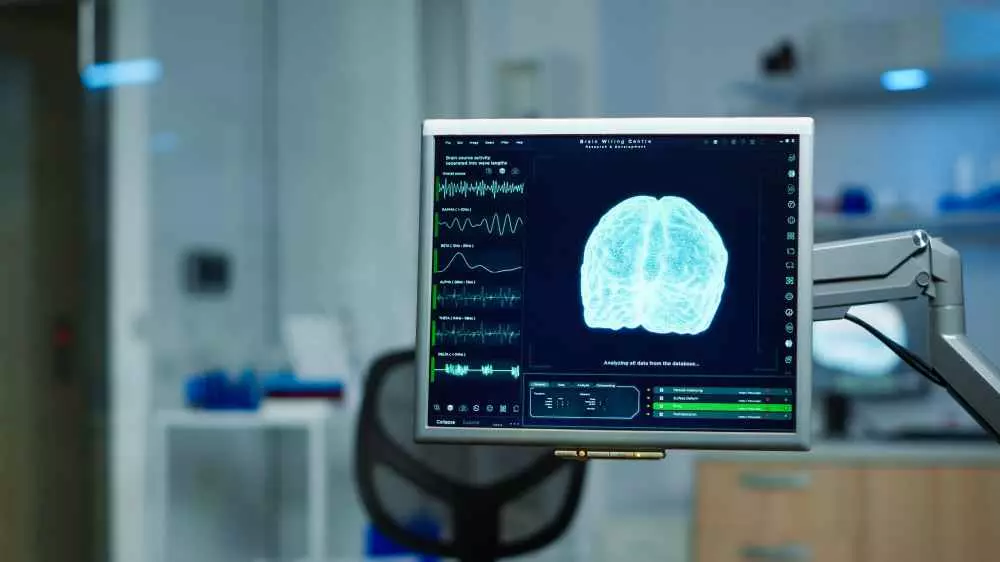New regenerative therapies in neurological and psychiatric treatment
Innovative therapies are becoming increasingly popular in neurological treatment and psychiatry. Thanks to medical advances, patients now have access to new regenerative therapies that can significantly improve their quality of life and reduce symptoms of various disorders. In this article, we will take a look at some of the most interesting innovations in regenerative therapies that have applications in neurological and psychiatric treatment.
Cell therapy
One of the promising innovations in the field of regenerative therapies is cell therapy. It involves the use of stem cells or cells derived from the patient's tissues to regenerate damaged neural or mental tissues. This method can be used for spinal cord injuries, post-traumatic stress disorder, depression or schizophrenia, among others.

Using cell therapy, scientists are able to replace damaged nerve or mental cells with healthy cells. The process is accomplished by taking stem cells from the patient's body, multiplying them in the laboratory and then inserting them into the body at the appropriate site. This novel treatment can help improve a patient's neurological and mental functions.
Regenerative therapy using transcutaneous electrostimulation of nerves
Transcutaneous electrostimulation of nerves is another innovative treatment for neurology and psychiatry. This method uses small electrical pulses to stimulate and regenerate damaged nerve areas. It is a non-invasive and virtually painless method that can be used for many neurological conditions, such as post-traumatic stress syndrome, post-traumatic neurological impairment or neuropathy.
During transcutaneous nerve electrostimulation therapy, electrodes are applied to the patient's skin, which deliver electrical impulses to the relevant nerve areas. These impulses stimulate regenerative processes, helping to re-grow nerves and improve neurological function. This therapy can be applied to both children and adults, making it a very versatile treatment method.
Gene therapy
Gene therapy is another breakthrough neurological and psychiatric treatment. It involves introducing genetically modified cells or molecules into the patient's body to repair genetic defects or increase the production of needed substances. This method can be used for genetic diseases such as Parkinson's disease, epilepsy and depression, among others.
In gene therapy, scientists use vectors, or gene carriers, which carry the appropriate molecules to target cells. These molecules make changes to the genetic material of the cells, leading to improved cell function. Gene therapy can be used for both genetic disorders and those caused by mutations in genes. It is a promising method that could revolutionize the treatment of many neurological and psychiatric disorders.
Summary
New regenerative therapies offer the chance to significantly improve the quality of life of patients with neurological and psychiatric disorders. Cell therapy, transcutaneous electrostimulation of nerves and gene therapy make it possible to regenerate damaged tissues or repair genetic defects. These innovations are opening up new perspectives in the treatment of many conditions that were previously difficult to control. As medicine advances, we can expect even greater breakthroughs and more effective therapies in the future.